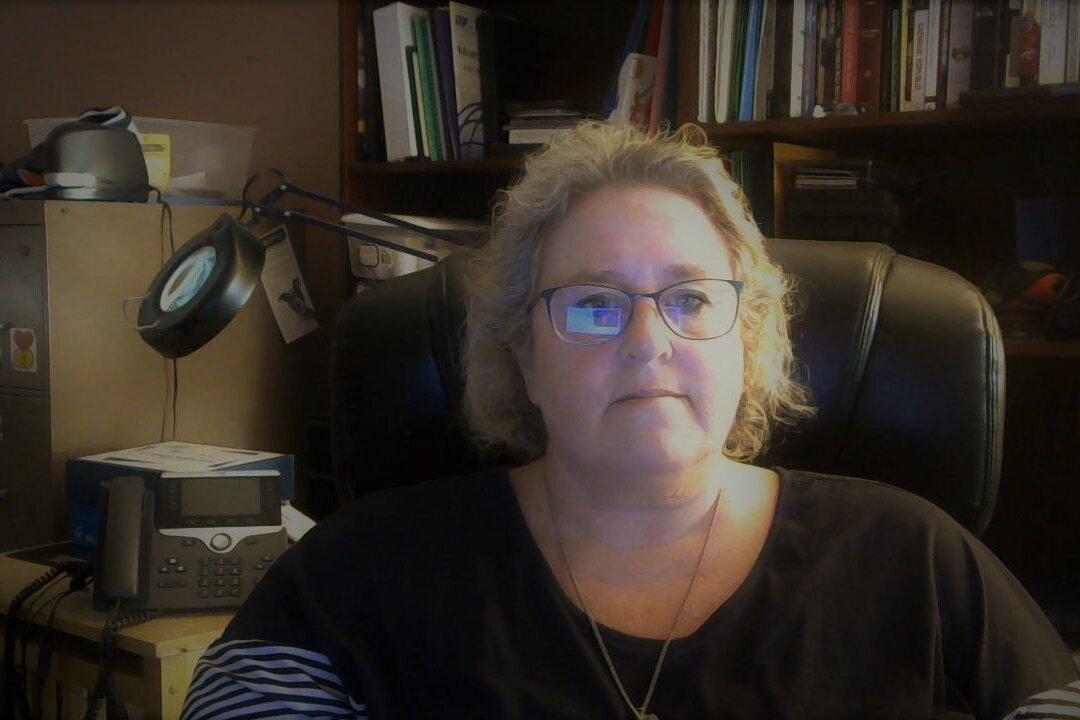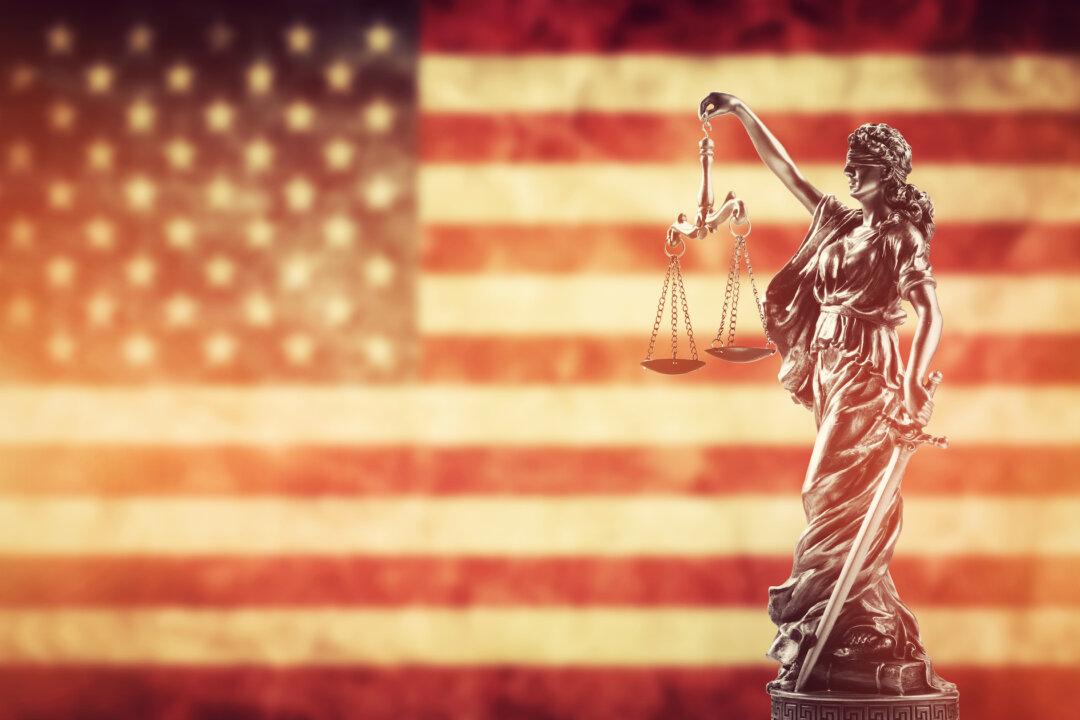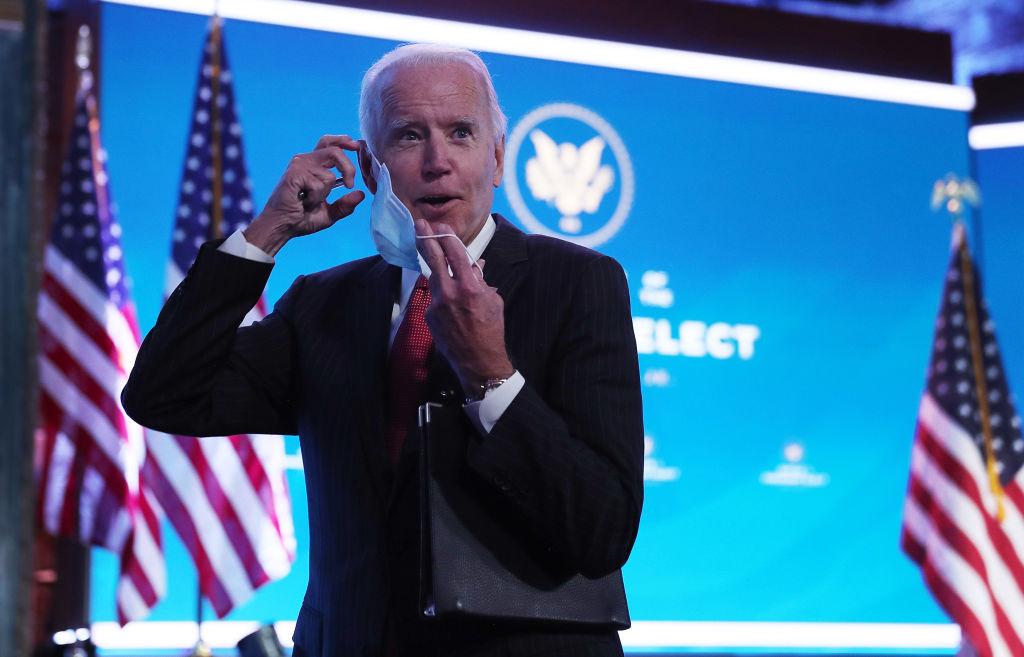A lawsuit challenging San Diego’s COVID-19 vaccine mandate for municipal employees will move forward after a federal judge on Tuesday rejected the city’s request to dismiss the complaint.
This article was originally published by The Defender - Children’s Health Defense’s News & Views Website





